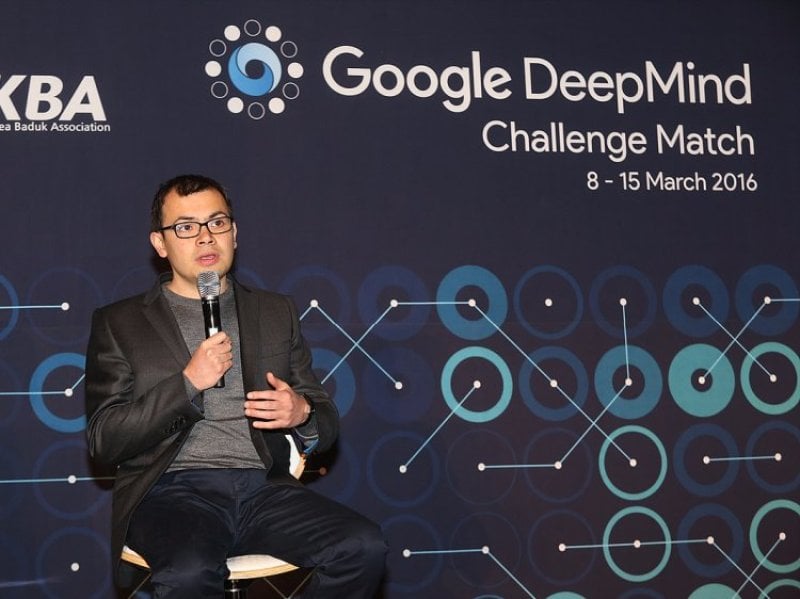[Google-affiliated artificial intelligence] DeepMind claimed its biggest healthcare breakthrough to date: that artificial intelligence (A.I.) can predict acute kidney injury (AKI) up to two days before it happens.
…
Beyond the headlines and the hope in the DeepMind papers, however, are three sober facts.
First, nothing has actually been predicted — and certainly not before it happens. Rather, what has happened is that DeepMind has taken a windfall dataset of historic incidents of kidney injury in American veterans, plus around 9,000 data-points for each person in the set, and has used a neural network to figure out a pattern between the two.
Second, that predictive pattern only works some of the time. The accuracy rate is 55.8% overall, with a much lower rate the earlier the prediction is made, and the system generates two false positives for every accurate prediction.
Third, and most strikingly of all: the study was conducted almost exclusively on men — or rather, a dataset of veterans that is 93.6% male. Given the A.I. field’s crisis around lack of diversity and amplification of bias and discrimination, that fact is very important — and astonishingly understated.
Read full, original post: DeepMind’s Latest A.I. Health Breakthrough Has Some Problems































